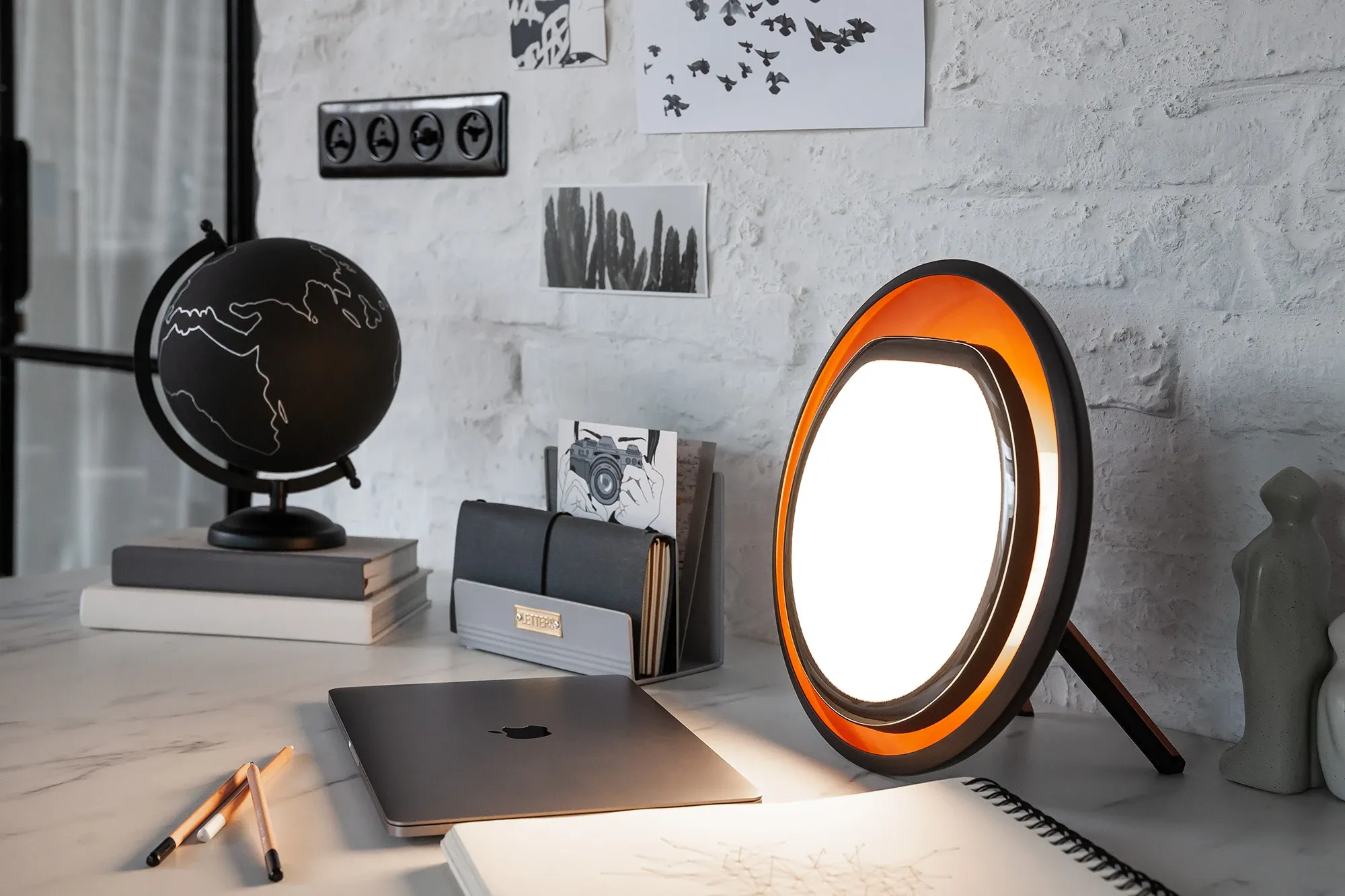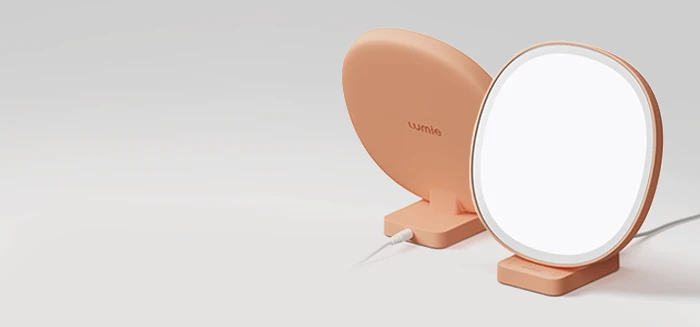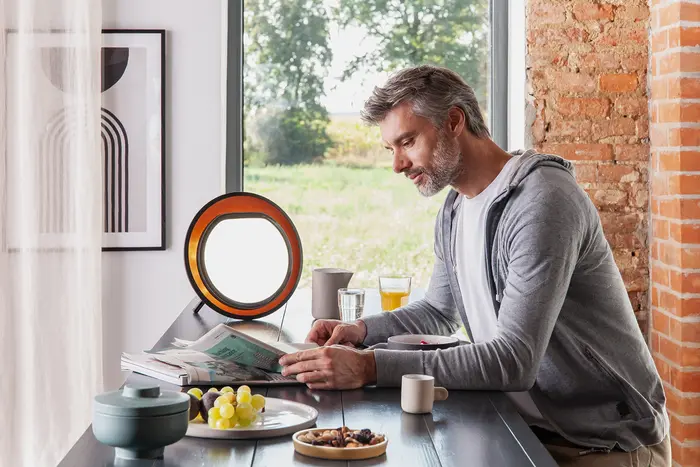"Light is Critical for Your Health and Wellbeing" - Sleep Researcher Reveals Top Tips on How to Thrive This January

To say that 2020 has been disruptive in more ways than one is an understatement, and most of us have learned that sticking to a good daily routine is everything. As we enter another national lockdown here in the UK, we put together a short Q&A with Ciro della Monica, a Research Fellow at the University of Surrey (Surrey Sleep Research Centre) to shed some light on how to fine-tune our daily routine during this tricky time to maximise our performance, boost mood as well as get a good night’s sleep.
At this time of year, we are experiencing shorter daylengths and lower light levels. This can make it difficult for our circadian (24 hour) clock to keep good track of the time of day and several of us will struggle to wake up and get going in the morning. In addition, the overall lower light levels and in particular the lack of morning light can affect our mood and how alert/sleepy we feel.
Having a schedule is key to optimising our sleep and performance. Try to go to bed and get up at the same times each day as this will help keep your body clock synchronised. Maximise your exposure to bright light during the day as this will help keep your body clock on track and help your mood, alertness and performance. Consider using a light box upon awakening and keeping one next to you while you work. Also, try to take a walk outside at lunchtime to maximise the amount of natural light you are getting. In the evening, try to stick to a bedtime schedule that lets your body gradually wind down for sleep. For the two hours before bedtime, try to avoid bright lights and use the night shift setting on your phone. You also might want to consider the content of what you are reading/watching and try to avoid anything that might make you anxious or stressed e.g. work emails.
Light is critical for your health and well-being. Try to think about your light environment across the day and use bright light in the morning and during your waking day but switch to lower level lighting in the evening as you prepare for bed.





